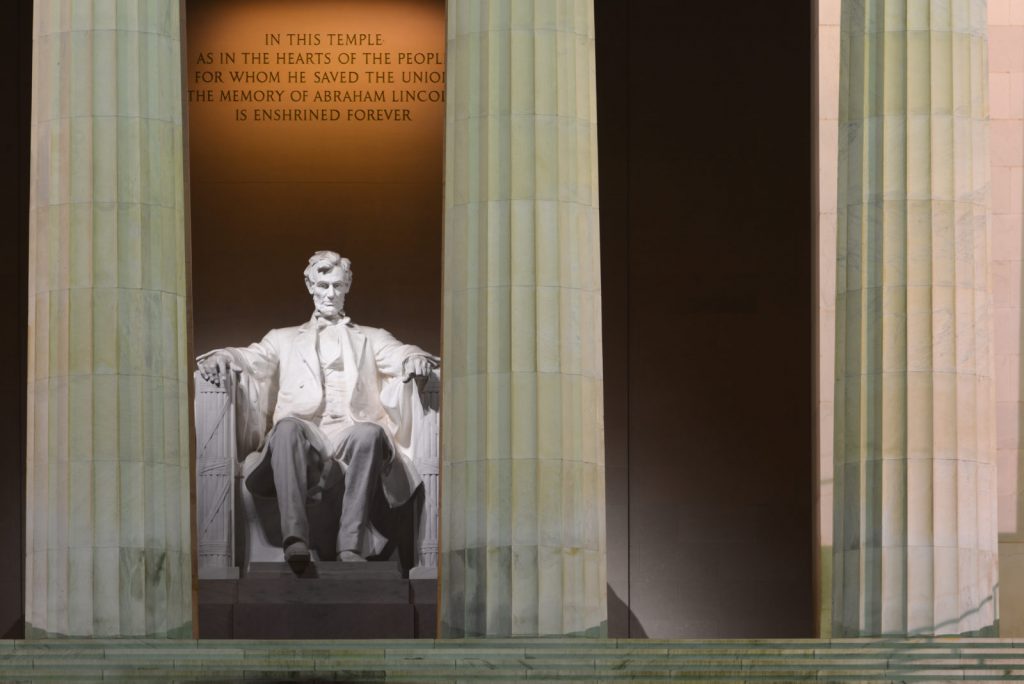
Published November 13, 2016
Donald Trump’s election was the most shocking and unsettling in American history. How did he do it, especially since he received almost 2m fewer votes than Mitt Romney in 2012? Answer: Hillary Clinton received almost 7m fewer votes than Barack Obama did in 2012. The coalition that propelled Mr Obama to two impressive victories simply did not turn out for Mrs Clinton, and while she won the popular vote, he easily won in the only count that mattered: electoral votes.
Mr Trump’s appeal to white working-class voters was particularly effective in the so-called rust belt — he carried Michigan, Wisconsin and Pennsylvania, states that were thought to be safely in the Democratic column. Mr Trump won by 21 points among all white voters, by 39 points among white voters without a college education and by nearly 50 points among blue-collar white men. He rallied voters who feel they have been left behind in the modern economy, gave voice to their grievances and feelings of lost respect, and won the support of those who are fearful of the demographic changes in America. Mr Trump also successfully portrayed himself as an agent of change in a change election. (Two-thirds of voters said the United States was seriously off track, and Mr Trump won 69 per cent of them.)
It is much harder to anticipate with Mr Trump than any of his predecessors how he will govern, since he has been stunningly inconsistent on policy. He has no obvious political philosophy to guide him, and he is notoriously volatile and unstable.
It is possible that Mr Trump will act far more responsibly once he is president than he did during the campaign, and those of us who have been Trump critics need to allow him the opportunity to rise to the moment. But it is worth bearing in mind that when narcissists and demagogues with illiberal attitudes gain significant power, they usually become more, not less, unrestrained and therefore more dangerous.
If that happens, it will fall on Republicans in Congress to contain him, to check his worst tendencies and to hold him accountable. America’s political system of checks and balances and the separation of powers can cause frustrations. But the founders, and James Madison in particular, designed a government with people like Mr Trump in mind. We are about to test how well it works.
As for the Republican party, it is in the process of being fundamentally refashioned. At the national level, it is likely to become a populist and ethno-nationalist party, not a conservative one. Mr Trump won by creating a coalition of resentments — economic, class, cultural and racial. The question is whether the Republican party under him will become the proud political home of the perpetually aggrieved, a place where people’s worst passions are encouraged and amplified.
When it comes to American culture, the danger is that the Trump Way — cruelty, crudity, misogyny and sexual predation, mocking the weak and powerless — is validated within and beyond politics. That certainly occurred during the presidential race; it is not far-fetched to assume that the same thing will happen during a Trump presidency.
What is so alarming to many of us is that Mr Trump did not hide who he was during the presidential campaign. In fact, the more outrageously he acted, the more popular he seemed to become. Time and time again Trump supporters said he would change — and time and time again Mr Trump said he would not. The American people had to know what they were getting if they elected Mr Trump as their president. Now they have.
America will bear the consequences. So will the world.
Peter Wehner, a senior fellow at the Ethics and Public Policy Center in Washington, served in the last three Republican administrations.








